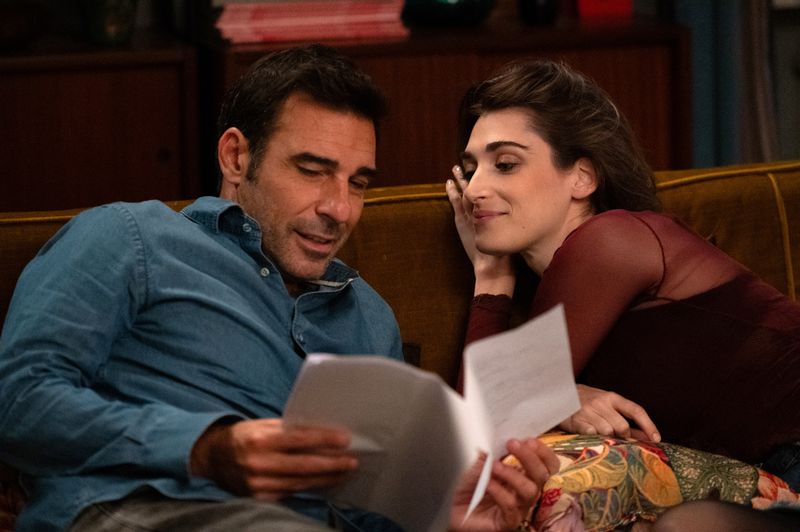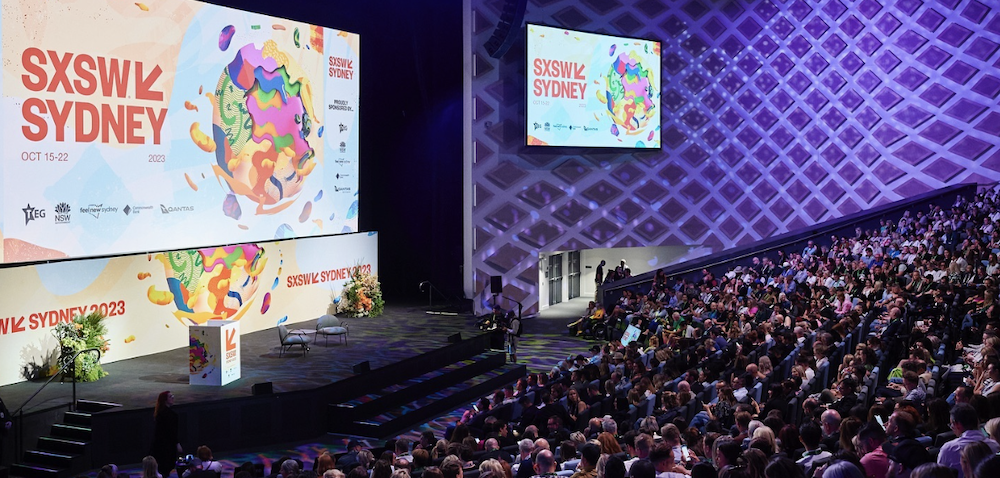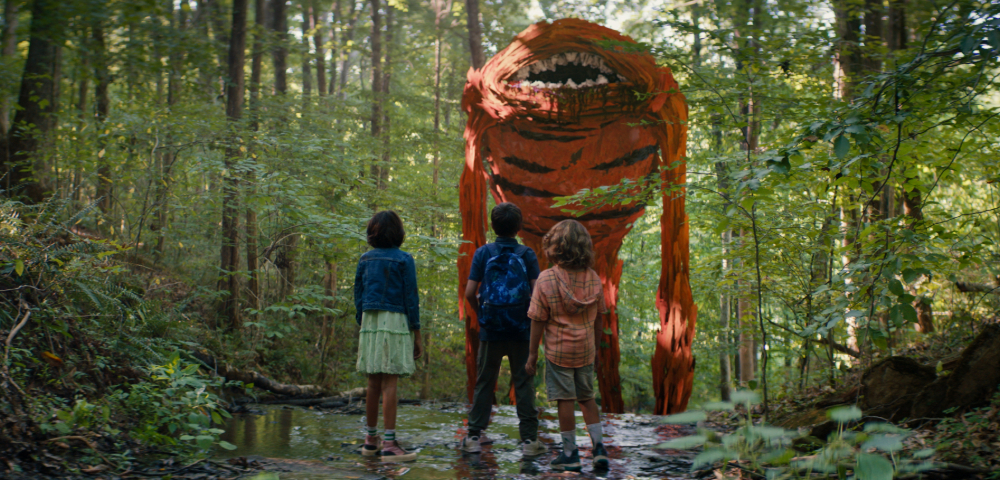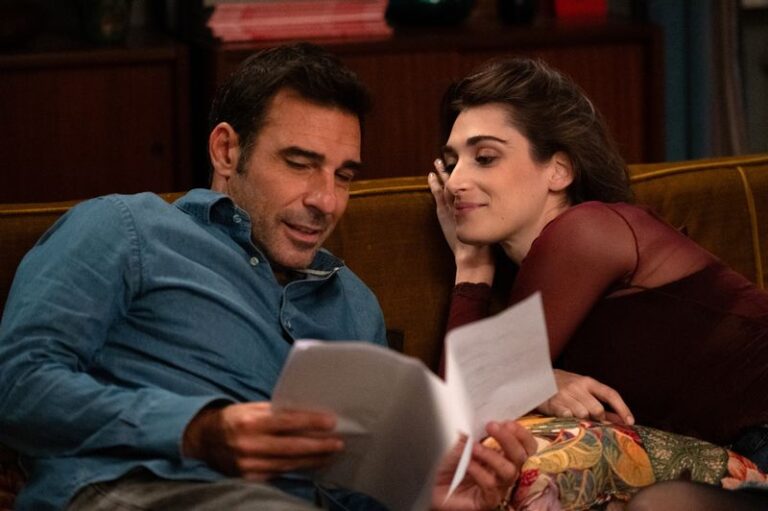
THE NAKED CITY: THE GRUMPY AFTERMATH TO THE ARIAS
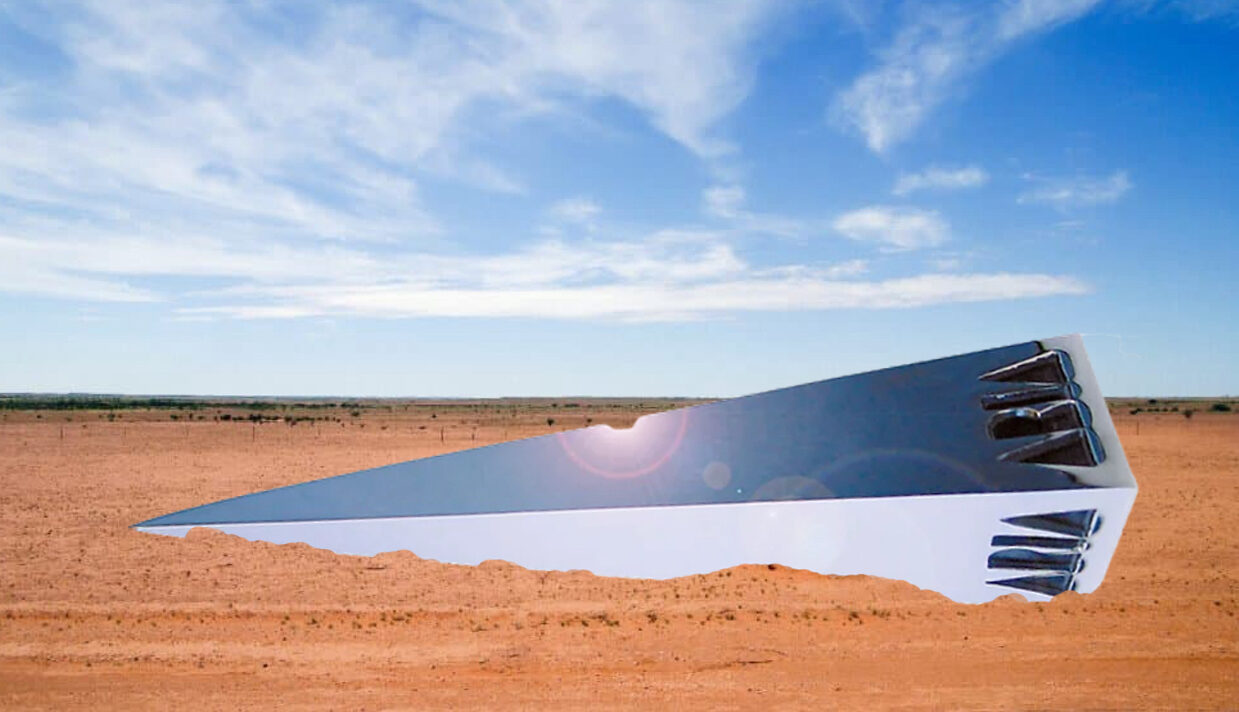
The annual ARIA awards were once a much anticipated celebration of the Australian music scene, largely focused on highly commercial pop music but with a credibility-seeking inclusion of other genres like jazz and world music. Once a ratings winner for the host broadcaster, Channel Nine reported one of its lowest viewing audiences ever for the much hyped event in 2023 – although hey, in fairness there was a double eviction on Seven’s Big Brother. When a reborn Kylie Minogue was awarded Best Pop Album for a bit of banal musical fairy floss titled “Padam Padam” you immediately knew the golden days were well and truly over.

So what has changed? The whole musical and recording ecosystem in fact. In the halcyon days of the ‘60s through to the ‘90s, live music was thriving at the grassroots level in pubs, clubs and backyard garages throughout Australia. There was a buoyant indie music scene propelled by a wide variety of new and exciting styles like r’n’b, reggae, metal, grunge, alt country, funk, jazz fusion, soul and dj driven dance music – to name just a few. The various record companies, both big and small, enthusiastically sought out new talent, with A&R scouts regularly frequenting venues in search of new bands and solo artists to sign.
Music festivals thrived, vinyl and CD albums sold in their thousands and many Australian bands graduated to experience overseas success. It was an era of highly memorable songs, many now ingrained in our popular culture and penned by talented and prolific songwriters like Paul Kelly and Don Walker – with lyrics a tad more meaningful than “Padam Padam”.
Come the new millennium with rapid advances in technology, the proliferation of the internet and streaming services like Spotify and suddenly it all went horribly flat. Record companies appeared to lose interest in nurturing talent from the grassroots up, unless they slotted conveniently into an homogenised formula of pretty boy/pretty girl looks, TikTok and Youtube saleability and a song so contrived, catchy and contagious it could have been generated by some dastardly AI computer program.
These days the smaller independent record companies struggle to compete with the large corporate multi nationals. The latter are more interested in investing in a boutique stable of artists who generate millions of streaming hits rather than a diverse range of talent, as well as flogging their large back catalogue. Troye Sivan may well be a highly creative performer in the eyes of some fans, but the system enables him to easily dominate the market and it’s no surprise he took away four ARIA’s on the night.
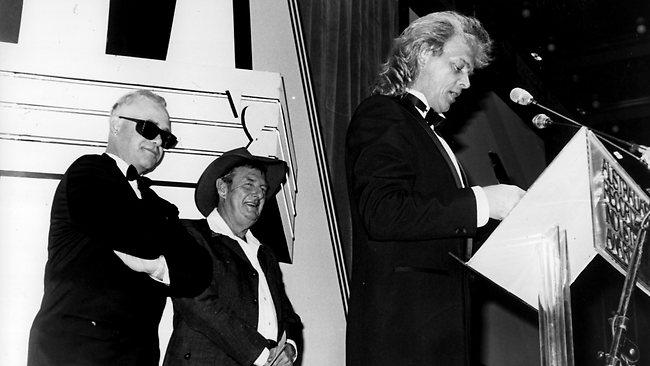
In recent years the ARIA’s have copped flak from all sides for their lack of inclusion, whether it be a lack of r’n’b and soul nominations or the disproportionate number of men to women represented. Last year in the Sydney Morning Herald, Brisbane based artist Mallrat hit out at their lack of diversity saying:
“Everyone wants the ARIA Awards to be reflective of all the amazing things going on in Australian music. There are so many incredible nominees this year, but it doesn’t feel like the full picture. This is not specific to one awards ceremony, this is representative of a culture … and what this industry deems as credible is overwhelmingly indie rock and rock fronted by men.”
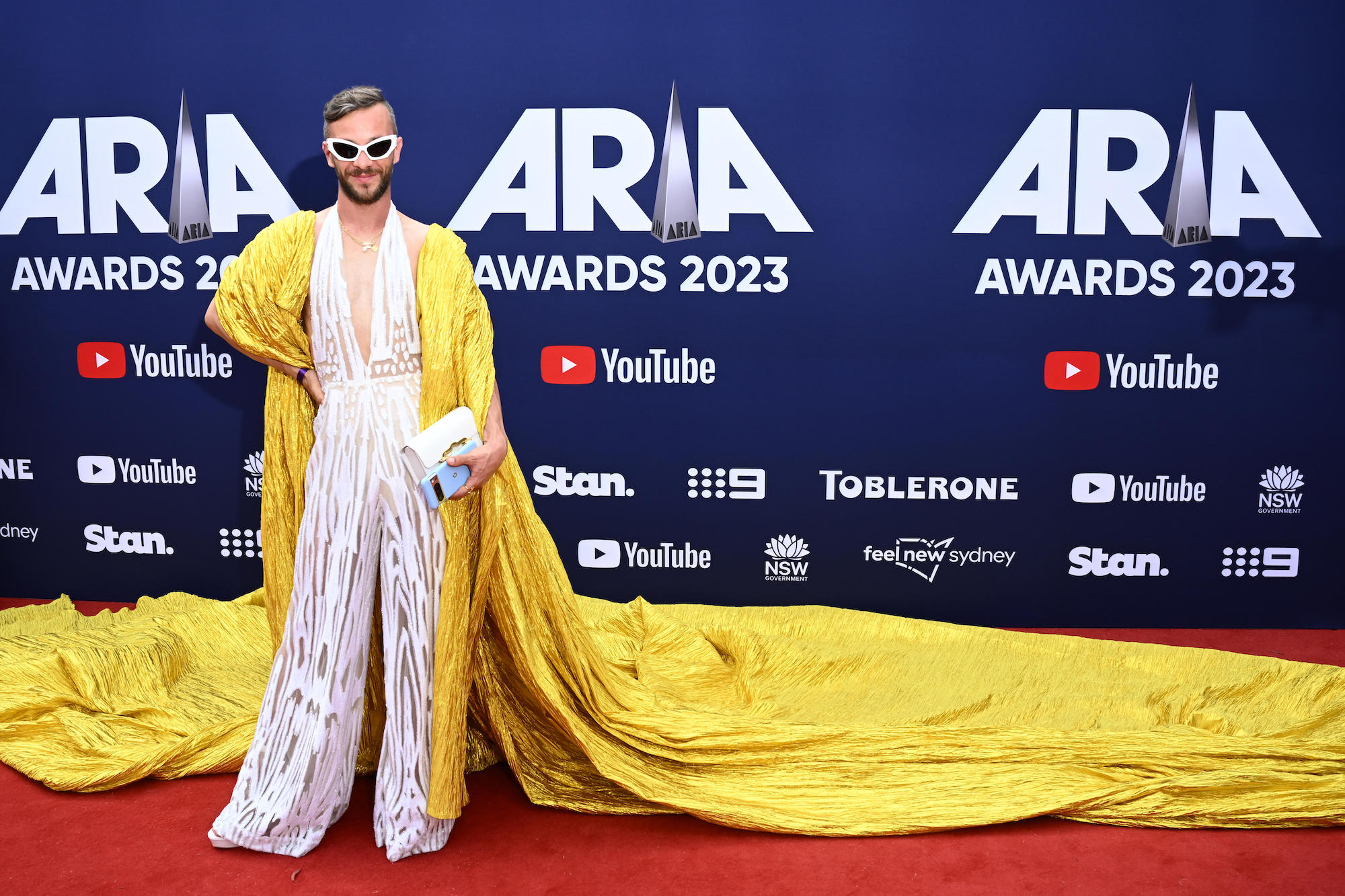
Whilst the majority of the awards are decided by a vote from a thousand strong industry voting panel, the main criteria these days seems to be who sells the most units, be they CD’s or streaming hits. Awards in the minor categories are a somewhat begrudging admission that other styles of music exist – let’s give them a gong and some artistic recognition even though they sell very few records.
The reality is that in 2023, apart from an excuse for artists to dress up, hit the red carpet and maybe disgrace themselves at the after party, award ceremonies like the ARIA’s are now largely irrelevant. The good old days when they were actually highly competitive and represented a dynamic industry are long gone. Apologies to diehard Kylie fans but when a Stock Aitken Waterman rehash from some three decades ago takes out best pop release it’s time to call the whole thing off and retire the pointy stainless steel pyramids forever.




